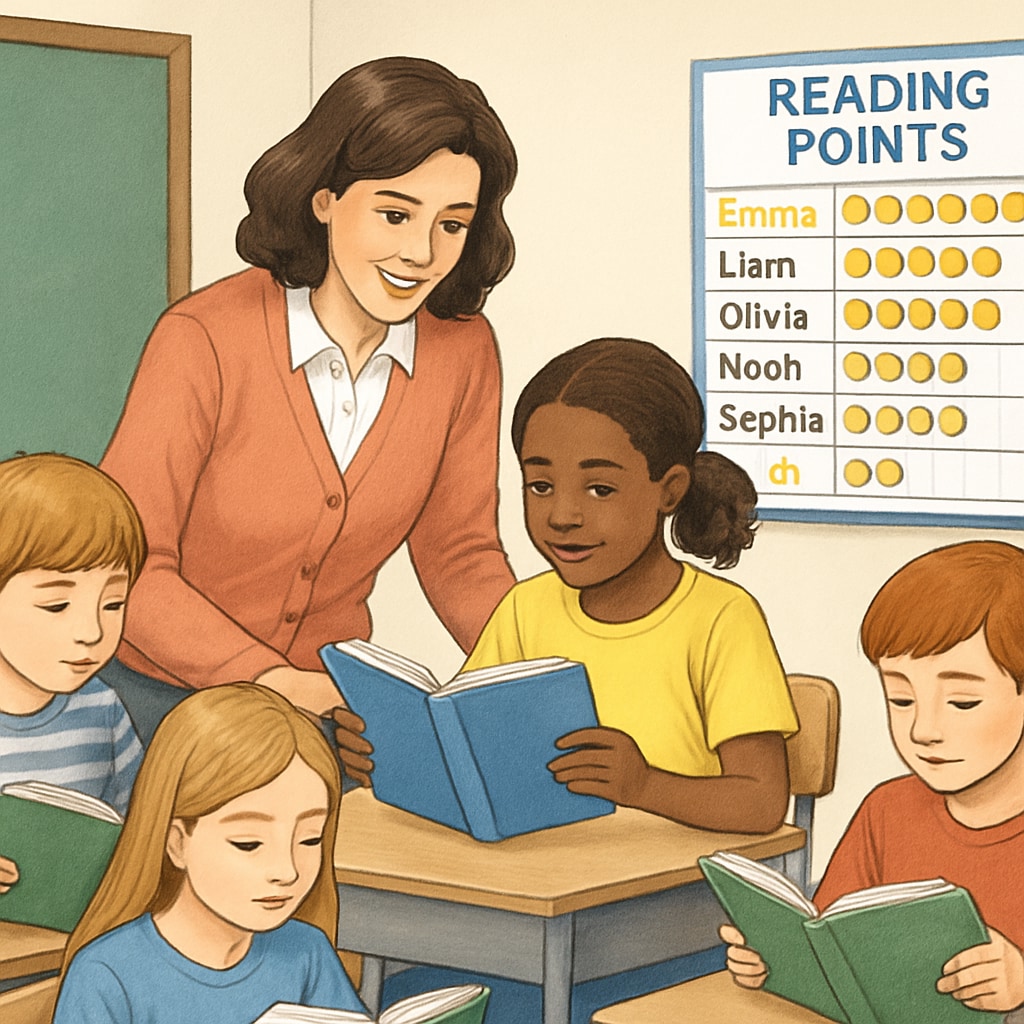Accelerated Reader (A.R.) has long been a popular tool in schools to encourage reading through comprehension tests and a point-based reward system. However, its cost can be prohibitive for some schools and families. In this article, we explore free alternatives to A.R. that replicate its benefits while fostering reading comprehension and motivation for elementary students. With the right tools and strategies, educators and parents can create a dynamic reading environment without breaking the bank.
Why Seek Alternatives to Accelerated Reader?
A.R. systems are designed to motivate students to read more by offering quizzes to test their comprehension and awarding points based on performance. While effective, these programs come with significant licensing fees. Schools with limited budgets often struggle to justify the expense, leaving students without access to this engaging framework. Fortunately, free and cost-effective solutions can fulfill the same purpose while offering additional flexibility.
Free alternatives not only eliminate financial barriers but also allow educators to customize the reading experience to better suit their students’ needs. By leveraging free resources, schools can encourage reading comprehension, implement creative reward systems, and help students develop intrinsic reading motivation.

Top Free Alternatives to A.R. Reading Comprehension Systems
There are numerous free tools and strategies that can replace A.R. while promoting the same outcomes. Here are some of the best options:
- Google Forms for Custom Quizzes: Teachers can create reading comprehension quizzes using Google Forms. This platform allows educators to design tailored questions for any book, providing instant feedback and tracking student progress.
- Epic! for Free Digital Books: While primarily a paid service, Epic! offers free access to educators and provides quizzes for many of its books. Its vast library of titles ensures students can find something they enjoy reading.
- Book Adventure: This free online platform offers quizzes and rewards for students based on the books they read. It functions similarly to A.R., making it an excellent substitute for schools on a budget.
- Classroom Rewards Systems: For a completely offline approach, teachers can create their own point-based reward systems. For example, students earn points for completing books and answering comprehension questions during group discussions.
These alternatives provide flexibility and customization that paid systems like A.R. often lack, allowing educators to adapt the tools to their unique classroom environments.
Incorporating a Points System to Boost Motivation
One of the standout features of A.R. is its points system, which rewards students for their reading efforts. This can be easily recreated using free tools:
- Digital Badges: Platforms like ClassDojo allow teachers to assign digital badges or points for reading achievements, fostering a sense of accomplishment.
- Physical Rewards: Create a classroom “store” where students can exchange points for small prizes, such as stickers, bookmarks, or extra recess time.
- Team-Based Challenges: Divide the class into teams and track collective points. This adds a collaborative element that encourages peer support and engagement.
These systems tap into students’ natural competitive and goal-oriented tendencies, making reading a fun and rewarding activity.

Encouraging Lifelong Reading Habits
While A.R. and its alternatives focus on immediate motivation, the ultimate goal is to instill a lifelong love of reading in students. Here are some strategies to achieve this:
- Choice and Variety: Allow students to select books that align with their personal interests. A wide selection of genres and topics increases the likelihood of engagement.
- Parental Involvement: Encourage parents to discuss books at home and model reading for enjoyment. This creates a supportive environment for young readers.
- Peer Recommendations: Create a space where students can share their favorite books with classmates, fostering a sense of community around reading.
By combining free tools, creative reward systems, and ongoing encouragement, educators and parents can build a sustainable reading culture that goes beyond test scores.
Conclusion
Finding free alternatives to A.R. is not only feasible but also an opportunity to create a more inclusive and adaptable reading program. By leveraging resources like Google Forms, Epic!, and custom reward systems, educators can replicate the benefits of A.R. without the financial burden. Most importantly, these strategies help nurture a love for reading that will serve students throughout their lives.
With the right approach, we can turn every child into a passionate reader—one book at a time.
Readability guidance: This article uses short paragraphs, lists for key takeaways, and evenly distributed transitional words to improve flow and comprehension. Passive voice is kept to a minimum, and technical terms are explained for accessibility.


